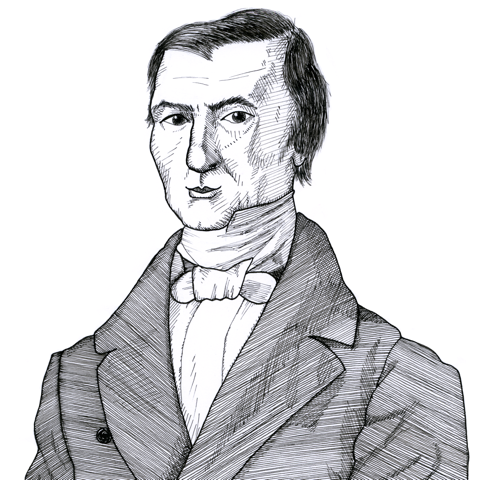
Bastiat asks the fundamental question of political economy: what should be the size of the state? (1850)
Found in: Economic Harmonies (FEE ed.)
In his incomplete magnum opus Economic Harmonies (1850) Frédéric Bastiat asks the fundamental question of political economy: what should be the proper size of the state? His answer is that it should limit its functions to a very “small circle” of activity which would include only defence and policing:
Economics
The first question to be asked, then, as we begin the study of political science is this: What are the services that should remain in the realm of private activity? What are those that should fall within the domain of public or collective activity? That question amounts to this: Within the great circle that we call “society,” what should be the circumference of the smaller circle we call “government”?